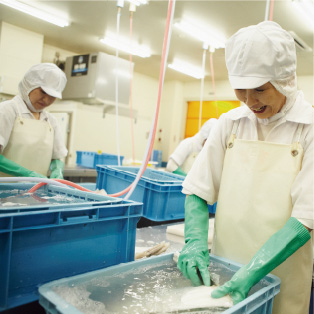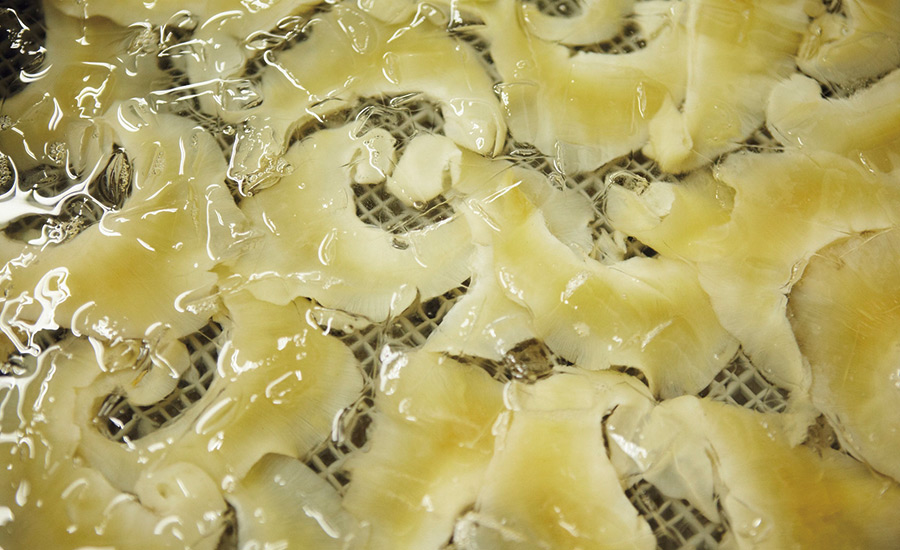
Fukuju Marine
Products Co.,Ltd.
988-0013 3-2-10 Uomachi, Kesennuma-shi, Miyagi
President and Representative Director: Hiroshi Usui (Vice Chairman)
TEL:+81-(0)226-22-0743
FAX:+81-(0)226-24-3956
e-mail:fukuju48@bronze.ocn.ne.jp
HP :http://www.fukujusuisan.co.jp
Letting the world know about Fukuju’s sharks fin items from Kesennuma
Fukuju Marine Products produces processed shark products with sharks fin items as their main products. The sharks are from Kesennuma, Japan’s biggest shark landing site. “Kohshow Simmered Sharks Fin”is very filling and tasty and loved by many people. The company is also developing ways to effectively use every part of the shark and creating high-value-added shark products.
Taste and materials
The shark is a treasure trove of food ingredients. Sharks fin is used as an ingredient in Chinese, Japanese and Western dishes. Shark cartilage (chondroitin sulfate) is used to make drugs and cosmetics. Sharkskin is made into leather items or food items to enhance beauty, and shark meat(high protein, low fat,low calorie) is processed into fillet or paste for hampen(minced and steamed fish). The company uses every part of the shark to offer a variety of products to people.
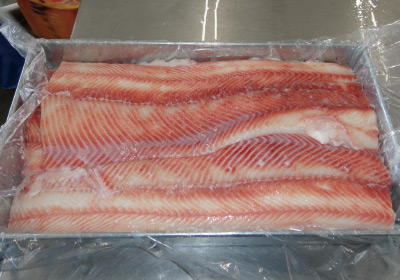
Equipment
Under thorough hygiene and quality management,each worker produces safe and high quality products by hand.
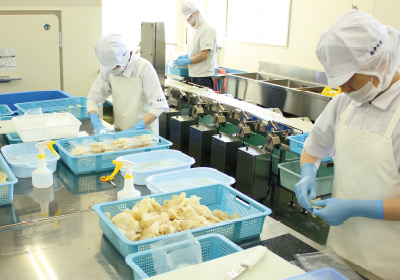
Craftsmanship
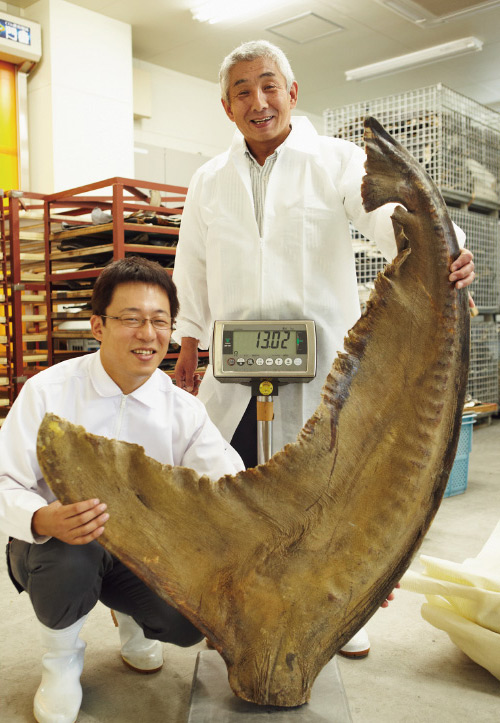
The making of fukahire is a source of pride for Kesennuma.
President and CEO of Fukujyu Suisan Co., Ltd.: Yusuke Usui(now)
After completing my apprenticeship, I joined the company. My father transitioned from being just a “father” to becoming the “president.”
“It’s a bustling town with people coming and going, fostering lively interactions. I love this town,” says Yuusuke Usui, President and CEO of Fukujyu Suisan Co., Ltd., describing Kesennuma. He has felt and grown up with the warmth of the encounters with sailors arriving from distant places and the people gathering around his father since childhood.
Always at the center of the circle was his father, deeply rooted in the principles of duty and human compassion, and who wouldn’t compromise on matters of principle. “Someday, I want to be like my father…” Such admiration began to bud during his teenage years.
After graduating from high school in Sendai, he attended a university in Saitama. Following university, he worked at food wholesalers and fugu (pufferfish) wholesalers in Tokyo. Reflecting on those days, Usui recalls, “It was an apprenticeship. It was a valuable learning experience.”
During his time in Tokyo, even during three-day weekends, he traveled abroad whenever possible. “When I return to Kesennuma, it’s difficult to take extended breaks because of the important market here,” he explains. He actively visited countries like Thailand, Cambodia, Indonesia, Hong Kong, and Macau, broadening his culinary horizons.
Then, at the age of 28, he returned to Kesennuma and “joined” Fukujyu Suisan. From that moment on, Usui stopped referring to his father as “father.” Instead, he addressed him as “president” at all times.
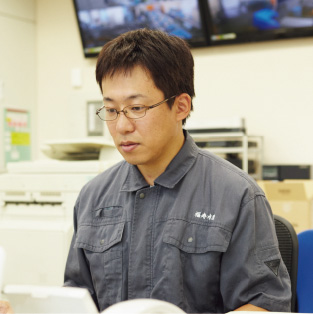

“As Fukujyu of Kesennuma,” We want to repay with deliciousness.
“Fukahire is difficult, which makes it interesting.”
“In Kesennuma, known for having the highest shark landings in Japan, Mr. Usui heads to the fish market at the port every morning at 6 a.m. to participate in the auctions and make purchases. Afterwards, he spends the morning working in the factory and the afternoon handling administrative tasks in the office.
During the factory tour I was given, I witnessed meticulous sorting of dried shark fins by type, portion, and size, followed by several delicate manual processes. These included blanching to soften and peel the skin, removing excess meat, and further extracting remaining cartilage. The skilled staff’s dexterity was impressive.
The meticulously processed fins here are dried for commercial use, then proceed to seasoning to become ‘Shark Master Fukahire Stew.’
Fukahire, with its variations in size and shape, requires laborious handling. ‘The difficulty lies in the fact that it cannot be mass-produced easily,’ Mr. Usui explains. However, he finds joy in this challenge, stating, ‘That’s what makes it fun, with new discoveries every day. It’s interesting.’
Mr. Usui, despite his gentle demeanor, was a track and field athlete during his student days. He participated in the 400-meter dash at the Tohoku Championships in high school and boasts swift footwork, running the 100-meter dash in the 11-second range. With his horsepower, youth, and hidden passion, he may one day surpass his father leading the way.”
